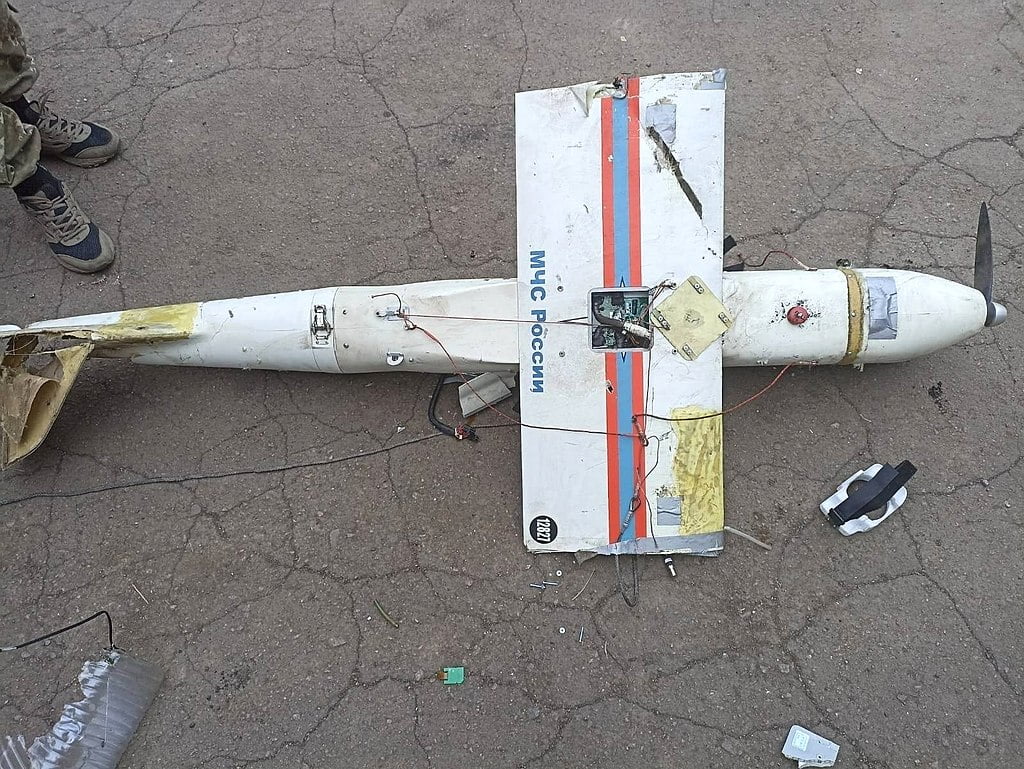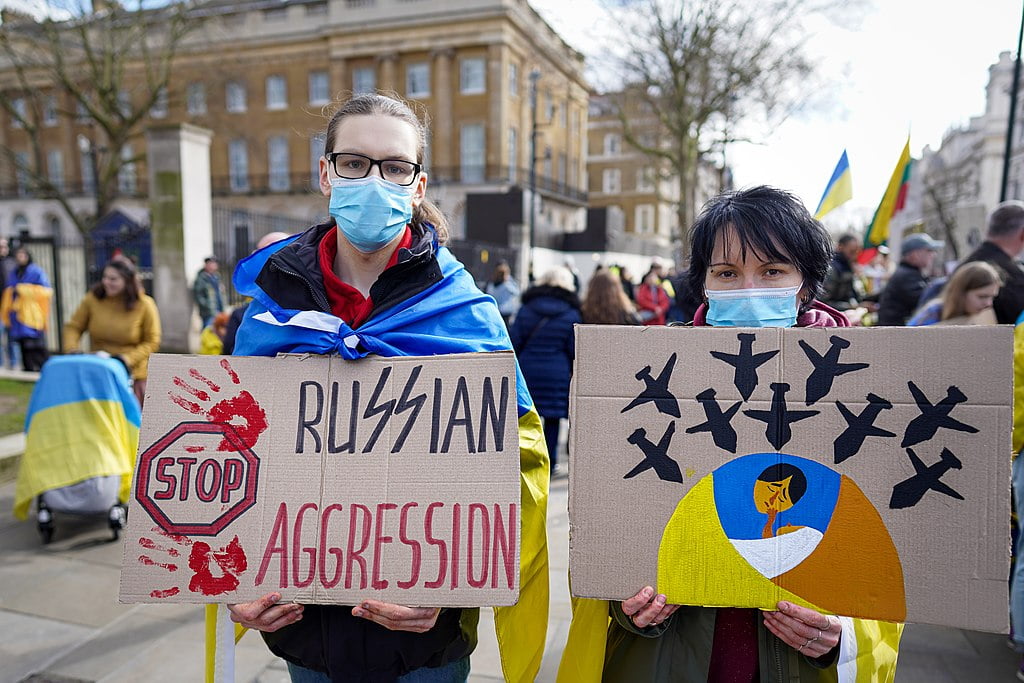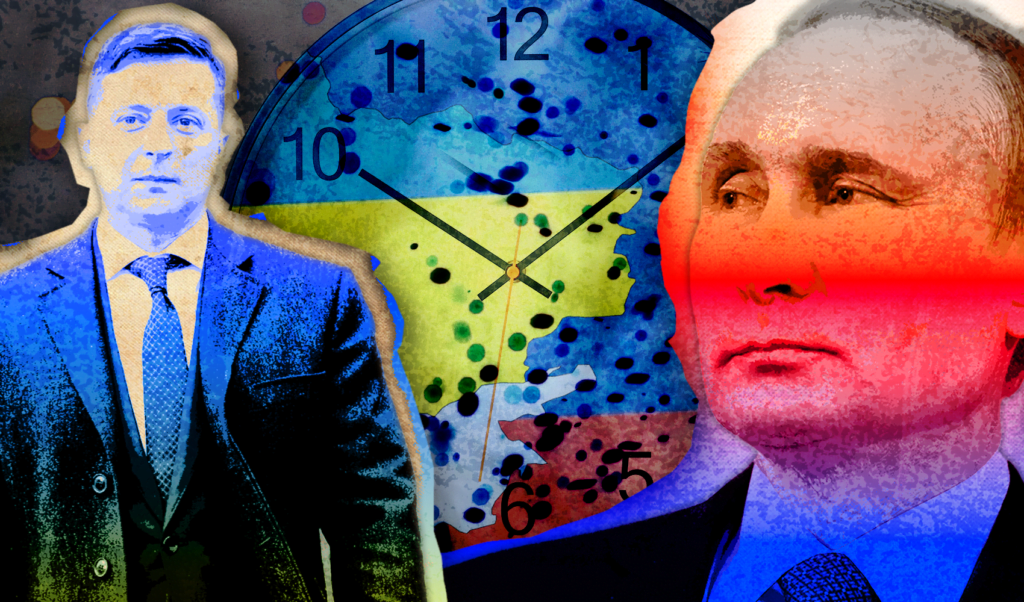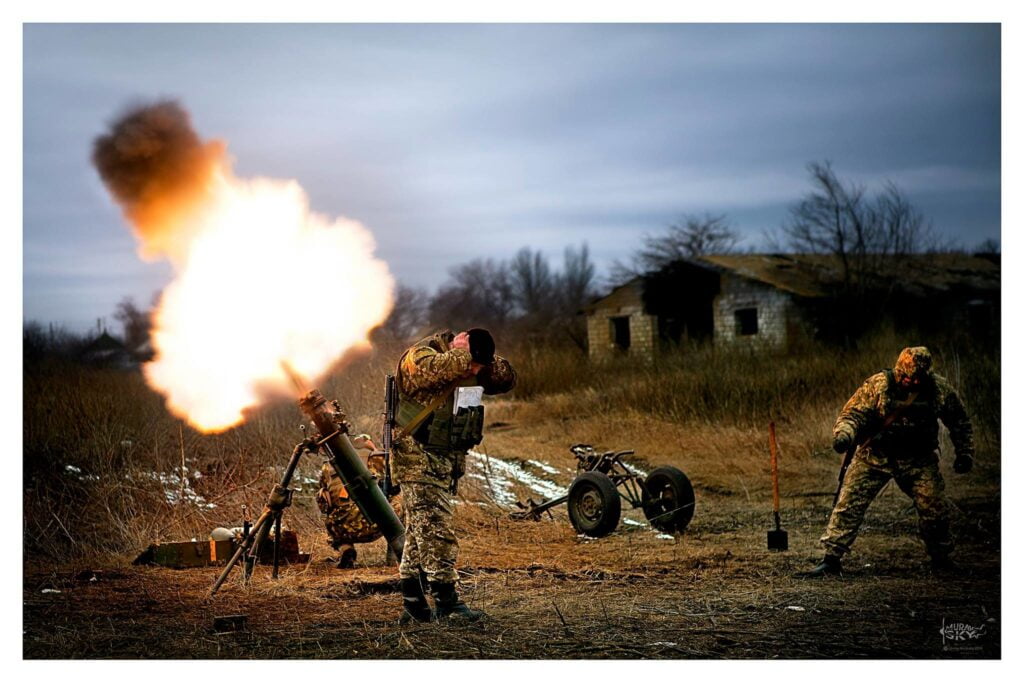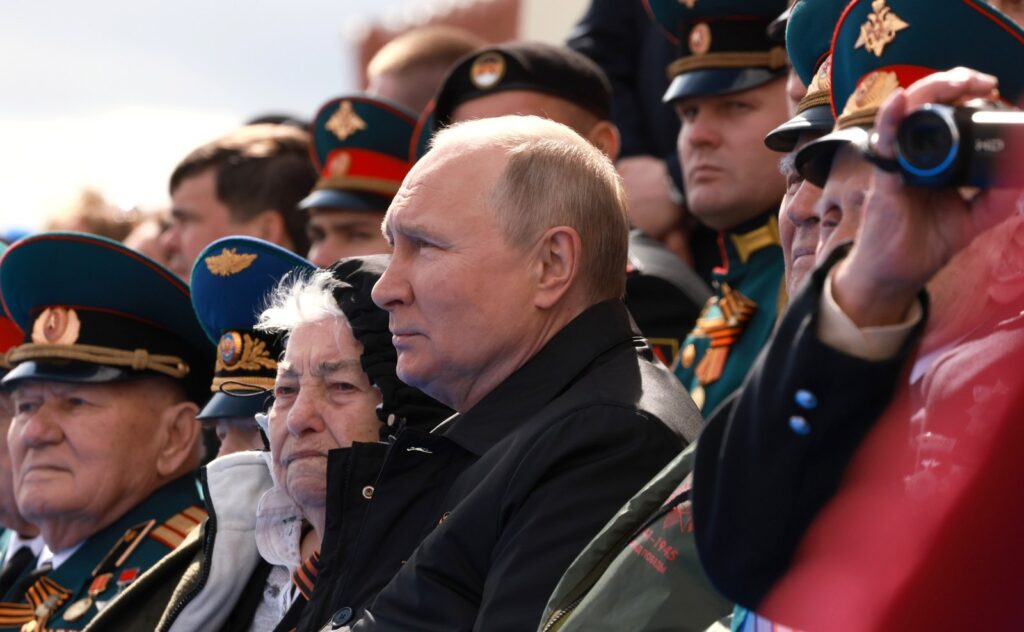Two NATO powers have plans to bring Putin to justice over Russia’s invasion of Ukraine, but a different approach offers a clearer path to prosecution.
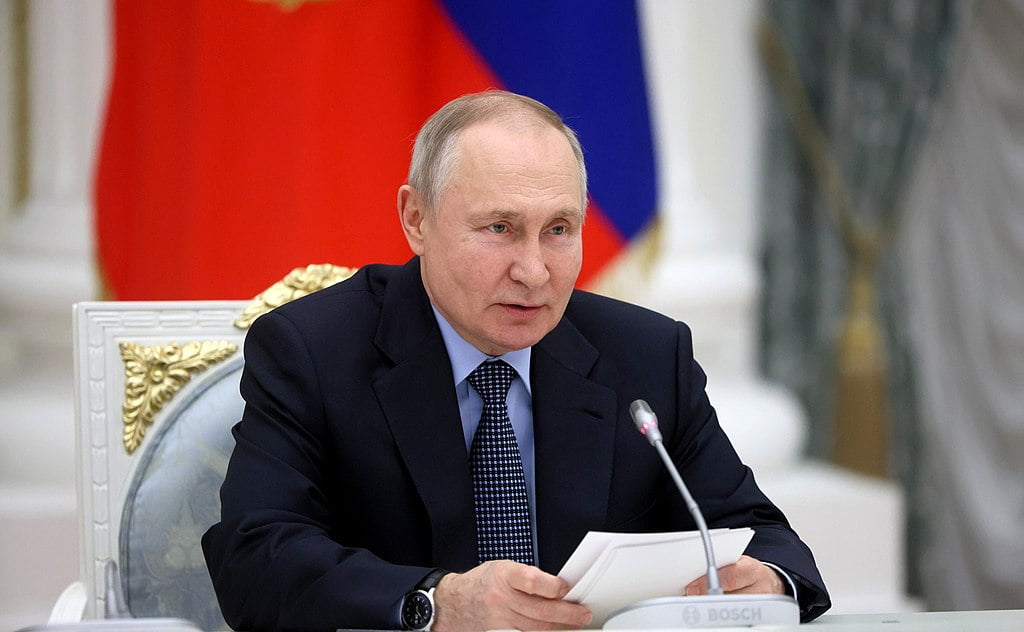 A proposed tribunal to prosecute Russian President Vladimir Putin is set to encounter some challenges. : Presidential Executive Office of Russia, Wikimedia Commons CC BY 4.0
A proposed tribunal to prosecute Russian President Vladimir Putin is set to encounter some challenges. : Presidential Executive Office of Russia, Wikimedia Commons CC BY 4.0
Two NATO powers have plans to bring Putin to justice over Russia’s invasion of Ukraine, but a different approach offers a clearer path to prosecution.
Russia’s aggression in Ukraine continues to prompt outrage in the international community, but finding a way to hold President Vladimir Putin accountable has proved incredibly challenging.
International law has many levers to bring accused war criminals to heel, with the most conventional being the International Criminal Court (ICC), an opt-in establishment that is created and governed by the Rome Statute, a treaty that 123 countries are party to.
Neither Russia nor Ukraine are party to the Rome Statute, though, which complicates efforts to prosecute Putin and any accomplices. The most common way to prosecute a non-member is through a UN Security Council referral, but that’s fruitless here: Russia, as a Security Council permanent member, wields veto power.
An idea floated to address the gap: creating a Special Tribunal capable of prosecuting Russia for the crime of aggression. The crime of aggression is committed when a leader of a country plans, prepares, initiates or executes an act of aggression by one country against another. The UK government declared it would “support a special hybrid court so long as it did not duplicate the ICC’s work,” adding that the tribunal should be based on “Ukrainian national justice, but contain international elements”. Germany’s Minister of Foreign Affairs Annalena Baerbock also supported the idea, saying: “This tribunal — which would be separate from the ICC — should derive its jurisdiction from Ukrainian criminal law.”
The UK and Germany’s proposals are well-intentioned reforms of international law that take aim at deterring future crimes of aggression, but seem destined to fall short of holding Putin accountable and rather ending up in a jurisdictional deadlock.
That said, both proposals raise three key legal issues that offer a glimpse at what issues international lawmakers must resolve to move ahead with one of the most ambitious prosecutions in recent memory.
Question of immunity
Top leaders (such as sitting heads of state, heads of government, and ministers of foreign affairs) have de juro personal immunities that prevent them from being subject to criminal prosecution before any national court, even when it comes to prosecuting international crimes.
Both proposals from the UK and Germany focus on carving out a jurisdiction based on Ukrainian national law, although the UK proposal contains “international elements”. This gives rise to more thorny legal questions.
If the resulting tribunal is viewed as a product of Ukraine’s judiciary, Putin’s legal team could argue that — as a Russian head of state — he is immune from prosecution.
Such an argument has succeeded before: in 2002, the International Court of Justice (ICJ) contended in its judgment of Congolese foreign minister Abdoulaye Yerodia Ndombasi that Belgium had violated “the principle of sovereign equality among states” in issuing an arrest warrant against Yerodia.
Trying Putin before a “hybrid” Ukrainian tribunal would principally violate Russia’s sovereignty. But, in the same ICJ judgement, the court found that immunity does not have effect before international criminal courts and tribunals.
In other words, these top leaders might be subject to criminal proceedings before international jurisdiction for crimes committed under customary international law.
A guide of how it might play out can be found in the Appeals Chamber of the Special Court for Sierra Leone during the 2004 trial of Liberian warlord Charles Taylor.
Taylor’s defence argued that, as a foreign head of state, he was immune from prosecution in a court derived from Sierra Leone’s national judicial system and lacked the necessary “international character”. On the contrary, because the Special Court had been created by the UN, it was determined to have the necessary international character. Decisions in Special Courts like this wouldn’t be binding on any Ukrainian tribunal that arises, but it offers an educated prediction as to how to the legal arguments might fall
Question of Constitutionality
Ukraine might be blocked from setting up a special tribunal by its own constitution, which outlaws the “establishment of extraordinary and special courts”. While the constitution can be modified or revised, it can’t be amended during conditions of martial law or a state of emergency. Ukraine’s martial law lasts under February 24th, 2023, but any extension will keep the constitution intact as is.
Question of Universality
Unlike war crimes and crimes against humanity, such as genocide and torture, there is no universal jurisdiction for the crime of aggression (and hasn’t been since World War II).
Arresting and prosecuting Putin — a head of state of a sovereign country — in a national court would spark international controversy and, despite the appalling scenes playing out in the invasion, be problematic in the international community.
What next?
The logistical and legal challenges of a special court doesn’t mean all hope is lost. The hurdles staring down the UK and Germany’s proposals can be overcome with a carefully crafted Special Criminal Tribunal, one without “national judicial”substance.
For instance — the approach formulated by the Parliamentary Assembly of the Council of Europe, which calls for a “Special International Criminal Tribunal for the Crime of Aggression”, that manages to circumvent the ICC without drawing too deeply into Ukrainian national law.
Former ICC Prosecutor Luis Moreno Ocampo asserted that prosecution of Putin would represent “selective justice”, citing unexamined cases of alleged aggression from Azerbaijan against Armenia, and the US against Iraq. However, pursuing a prosecution of Putin is a step towards maintaining international peace and security.
Aggression is “the scheme of crimes in crime” — the illegal act that opened the door for all other crimes to take place in Ukraine. Ruling out the crime of aggression solely on jurisdictional grounds could endanger the future of international criminal justice.
Denakpon L. Tchobo holds a Doctor of Juridical Science (SJD) in international criminal law from Case Western Reserve University where he is currently an adjunct professor of law. He is the author of the proposed convention for the prevention and punishment of crimes of groupicide. He was one of the recipients of the Case Global Service Award 2021.
Originally published under Creative Commons by 360info™.


